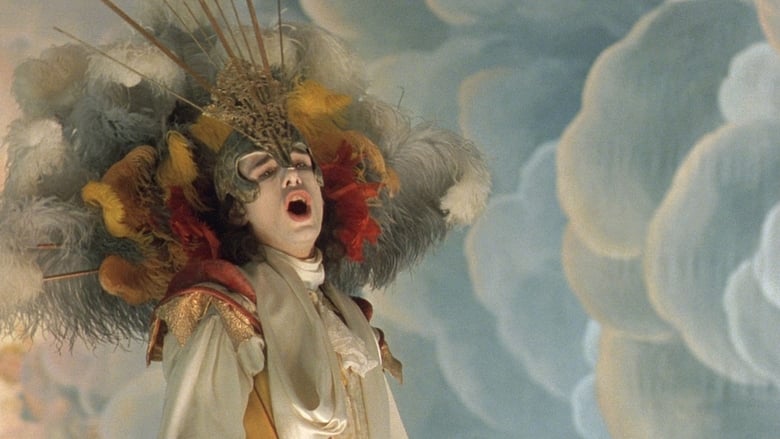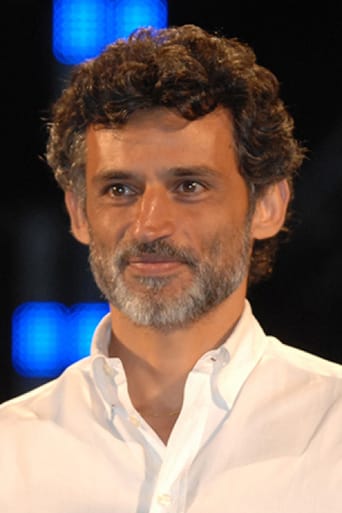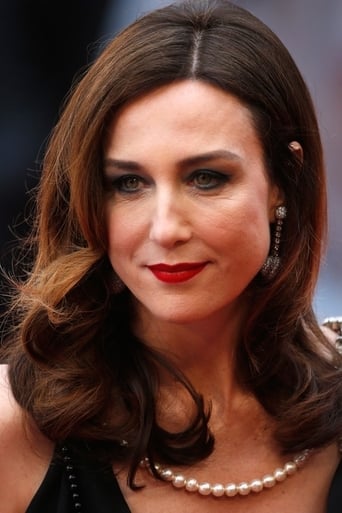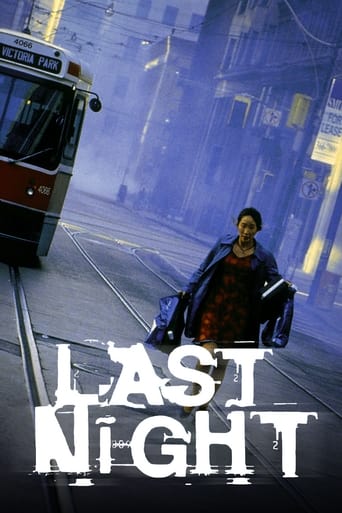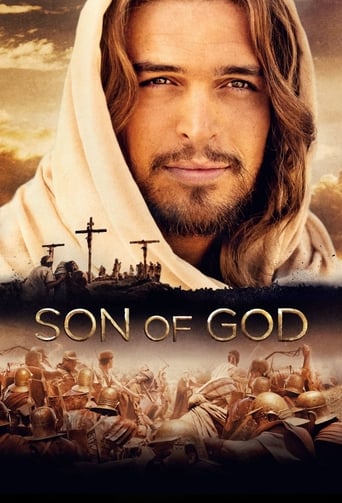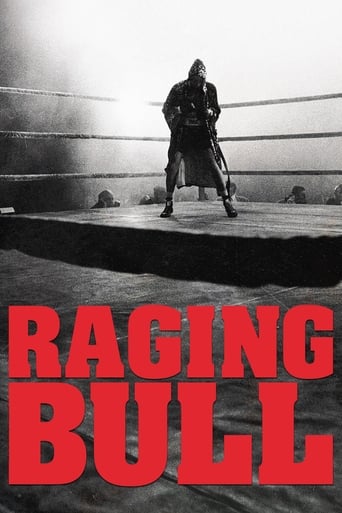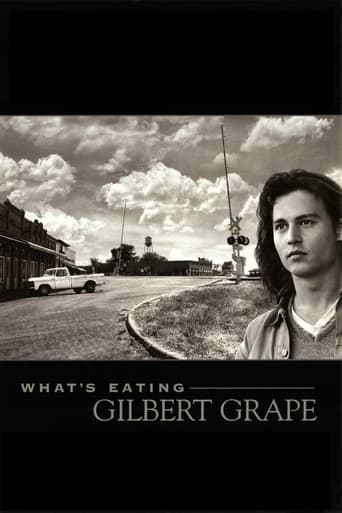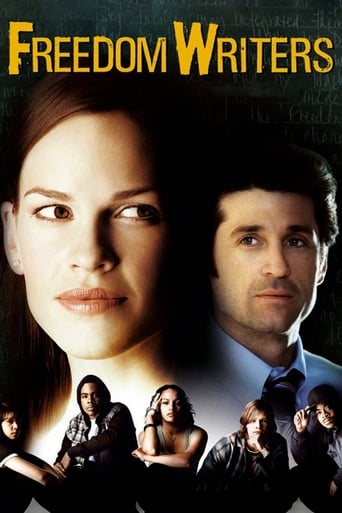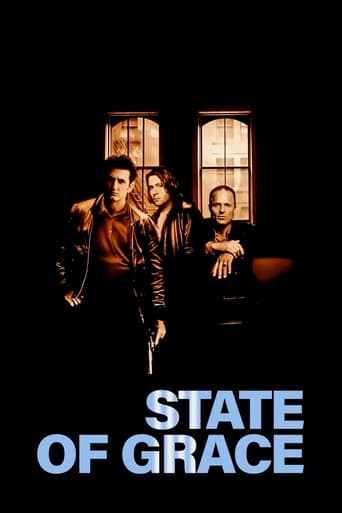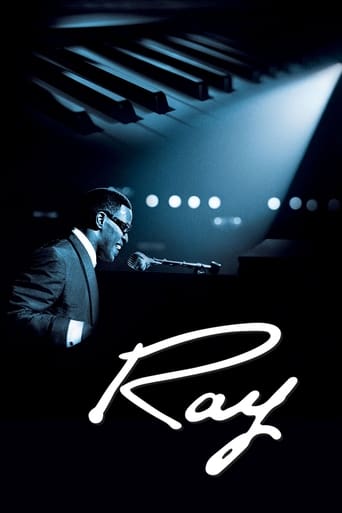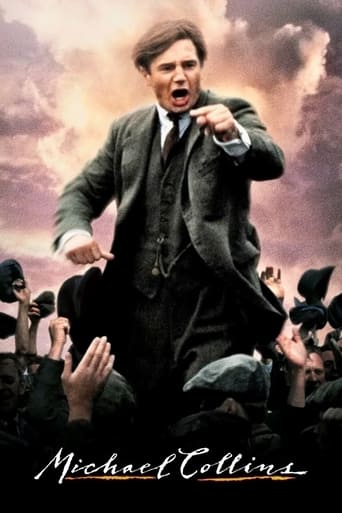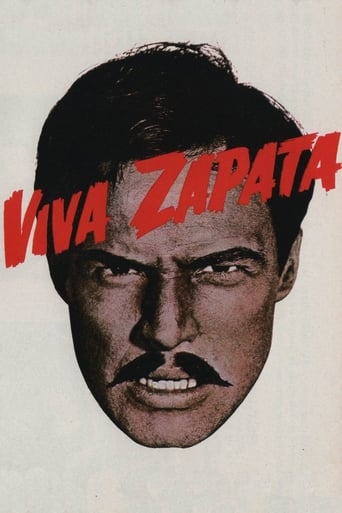Farinelli (1994)
The life and career of Italian opera singer Farinelli, considered one of the greatest castrato singers of all time.
Watch Trailer
Cast


Similar titles
Reviews
The Worst Film Ever
Good concept, poorly executed.
Best movie of this year hands down!
Exactly the movie you think it is, but not the movie you want it to be.
reconstruction of a period. eulogy to an artist. impressive picture. and new film with old ingredients. maybe, not accuracy is its virtue. or the performance who may be admirable. the story - in few extraordinary moments. the art of director - yes, it is OK. but more important is the flavor. the touch of things, the silk of gestures, the cotton of words, the feeling to be part of action and the final impression , after the lost of fairy-tale skin, to discover a parable. this is great director secret - an universal lesson about yourself. instrument - magnificent music and a remarkable cast. a large light circle. and a wonderful science of detail. An Italian word says - Si non e vero, e ben trovato ( even it is not true, it is conceived ). in this case, it is perfect definition.
This movie has something of a kinship with "Amadeus," portraying as it does the important cultural significance of music in a very different time and place - far more significant than music is today - but it's a much darker movie than "Amadeus" (which itself has some dark undertones.) The movie gives a glimpse into the life of Carlo Roschi (better known as Farinelli) - one of the great opera singers of the 18th century. Farinelli (played by Stefano Dionisi) was a castrato - castrated as a young boy in order to preserve his brilliant soprano voice. Admittedly, it's a bit off putting to see a male portrayed as singing soprano (I say portrayed, because I assume Dionisi was lip-synching, since we don't have castratos today.) But while Farinelli's singing was the centerpiece of the movie, what's really being portrayed here (and, from what I've been able to glean, not entirely accurately, although I'm no expert on 18th century opera singers!) are the complex relationships in Farinelli's life - especially his relationship with his brother Riccardo (Enrico Lo Verso.) Carlo was the brilliant singer; Riccardo seems to have been a rather average composer - but, trying to keep a promise made to their father, they work as a team. The relationship is bizarre, and sometimes even vaguely erotic. Riccardo describes a love between them more passionate than that between lovers - and perhaps because of that passion there are huge amounts of jealousy and anger as well as love. The two brothers share everything - including women, in what are portrayed as strange tag-team sorts of sexual encounters, where - to put it bluntly - Riccardo finishes what Carlo can only start. There's also an interesting exploration of Farinelli's relationship with the great composer Handel (Jeroen Krabbe), which revolves around their work for rival opera houses in London. It's really very interesting.The movie is mostly in Italian and French, which necessitates subtitles for English speakers, which I always find a bit distracting. I was also disappointed that the movie depicts virtually nothing of Farinelli's time in the Spanish court, where Farinelli became court musician to King Philip V - and apparently very influential, as well. Still, it's very well done, and you don't have to be a fan of opera to enjoy this. 8/10
The first time I watched this film the subtitles didn´t work, but I wasstill hooked on its beauty and emotion. After a proper viewing Iwent straight out and bought the soundtrack - and I´m totally notinto opera. The scene where Farinelli sings Händel sent suchhuge shivers down my spine and tears down my face.The story itself may not be entirely historically correct (when wasever filmmaking all about facts and figures?), but the tale about Farinelli is captivating to say the least. The castrato singers wereboth worshipped and shunned by society, loved for their heavenlyvoices and scorned for their lost manhood.Michael Jackson is the obvious modern day comparison, but I´dsay that´s not fair to Farinelli. Check out this film, enjoy the music,and learn that extreme celebrity is not a new thing!
Farinelli is not nearly as awful as I feared it would be. It's similar in many ways to Amadeus. Like Amadeus, it has glorious music beautifully performed. Like Amadeus, it tells a good (if melodramatic) story. Like Amadeus, it has a marvelous period feel. Like Amadeus, the characters in this story have the names and occupations of real people, but their portrayal on the screen is not even caricature: a caricature necessarily starts with something recognizeable.Farinelli was famous in history not merely for a phenomenal voice and outstanding musicianship and musical connoisseurship, but for poise, dignity, and perfect-pitch judgement of human character; he is portrayed throughout as a hysteric. Handel is shown as a pompous, bullying nervous wreck verging on the psychotic, quite at variance with all reliable accounts of his humor, sturdiness, practicality, and reputation for scrupulous probity toward his musicians and singers.Handel could not have said, to Farinelli, during the latter's first sensational season with the Opera of the Nobility, that he would never write another opera, and not just because Handel was no faux-Freudian opera queen: Lady History inconveniently discloses that after that 1733-34 season Handel composed and presented Ariodante, Alcina, Atalanta, Giustino, Arminio, Berenice, Faramondo, Serse, and Imeneo; his last opera, Deidamia, went unperformed, but several in that list were significant successes, and some were revived more than once.The two rival opera companies in London went down the drain more or less simultaneously, notwithstanding the enormous draw of Farinelli for the Nobility company, and notwithstanding the high quality of the music of its principal composers (Porpora, Hasse, undervalued today) and the stupendous quality of Handel's music (also undervalued); rather, the people with the money to afford the (by our standards) enormous ticket prices had simply lost interest.One commentator here is skeptical about many "period" details. And rightly: for starters, that's not the way boys were castrated, but you don't need to know the truth. Relax, just enjoy the music and the costumes and the actors chewing the scenery.


